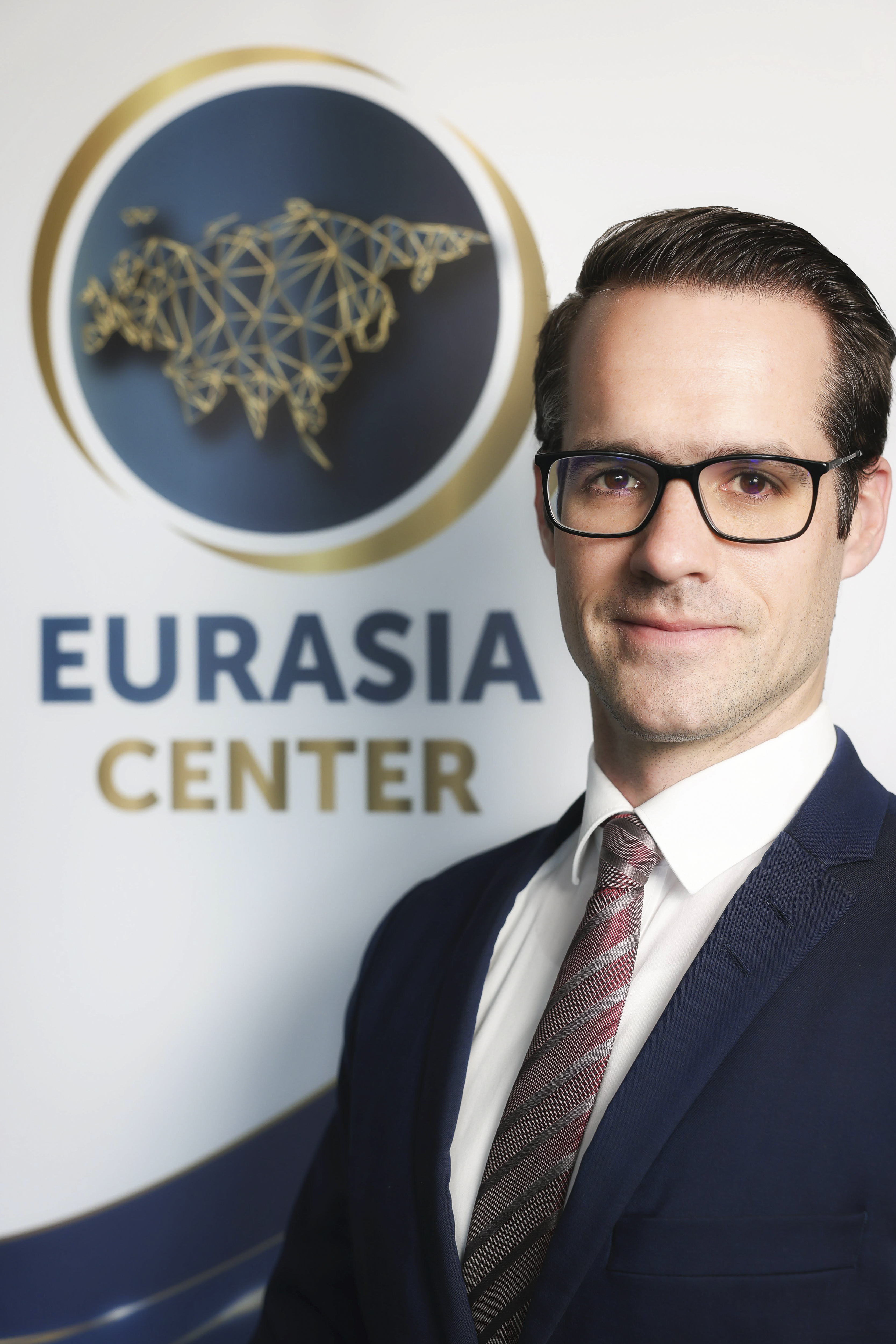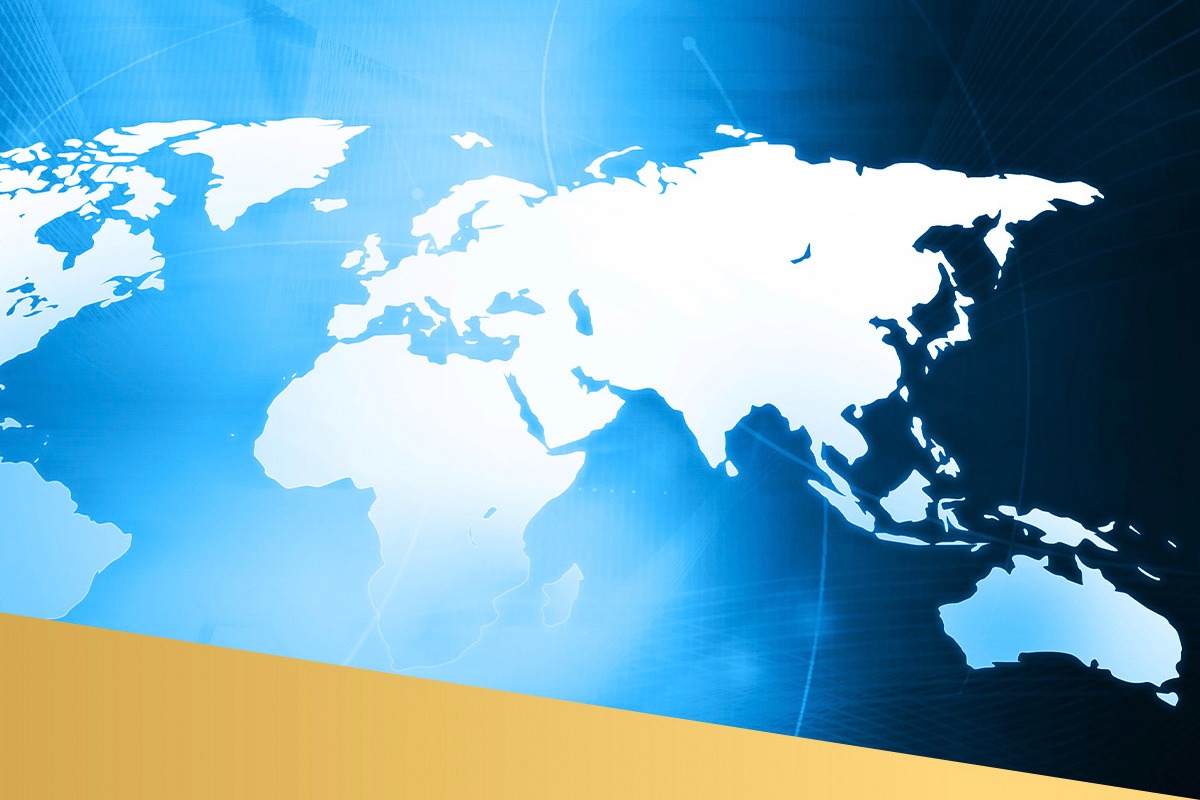Levente Horváth, Ph.D.
Director of the Eurasia Center,
Editor-in-Chief of Eurasia
We hear more and more that the unipolar world order is being replaced by a multipolar world order. But what does or could this mean for us?
500 years ago, with the great discoveries by the Western powers, which turned into colonialism, a unipolar world order dominated by the West emerged globally. The West decided the rules of the game, which applied to everyone, but only the West had the right of exception. This unipolar world order has been established by the West mainly by force and arms, which is very costly, because military bases and armed forces have to be maintained all over the world.
Colonised countries had to wait until the 19th and 20th centuries to gain their independence and semi-autonomy over their own destiny. Almost immediately afterwards, there was a signal that the previous world order established by the West had to be changed.

